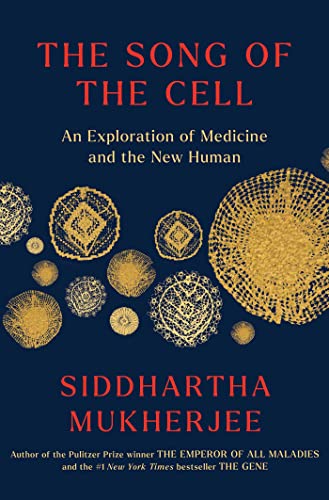Description
From the author of The Emperor of All Maladies, winner of the Pulitzer Prize, and The Gene, a #1 New York Times bestseller, comes his most spectacular book yet, an exploration of medicine and our radical new ability to manipulate cells. Rich with Mukherjee's revelatory and exhilarating stories of scientists, doctors, and the patients whose lives may be saved by their work, The Song of the Cell is the third book in this extraordinary writer's exploration of what it means to be human. Mukherjee begins this magnificent story in the late 1600s, when a distinguished English polymath, Robert Hooke, and an eccentric Dutch cloth-merchant, Antonie van Leeuwenhoek looked down their handmade microscopes. What they saw introduced a radical concept that swept through biology and medicine, touching virtually every aspect of the two sciences, and altering both forever. It was the fact that complex living organisms are assemblages of tiny, self-contained, self-regulating units. Our organs, our physiology, our selves--hearts, blood, brains--are built from these compartments. Hooke christened them "cells". The discovery of cells--and the reframing of the human body as a cellular ecosystem--announced the birth of a new kind of medicine based on the therapeutic manipulations of cells. A hip fracture, a cardiac arrest, Alzheimer's dementia, AIDS, pneumonia, lung cancer, kidney failure, arthritis, COVID pneumonia--all could be reconceived as the results of cells, or systems of cells, functioning abnormally. And all could be perceived as loci of cellular therapies. In The Song of the Cell, Mukherjee tells the story of how scientists discovered cells, began to understand them, and are now using that knowledge to create new humans. He seduces you with writing so vivid, lucid, and suspenseful that complex science becomes thrilling. Told in six parts, laced with Mukherjee's own experience as a researcher, a doctor, and a prolific reader, The Song of the Cell is both panoramic and intimate--a masterpiece.

